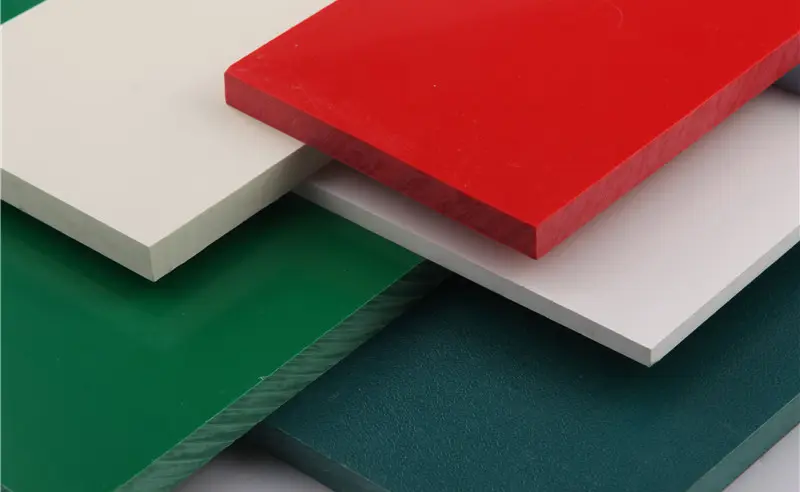ጥቅም . 31, 2024 11:21 Back to list
Understanding the Benefits and Applications of HDPE Pipe in Modern Construction
The Versatility and Benefits of HDPE Pipes
High-Density Polyethylene (HDPE) pipes have gained significant attention in various industries due to their remarkable properties and versatility. As a type of plastic pipe made from petroleum, HDPE pipes are known for their durability, flexibility, and resistance to corrosion, making them an ideal choice for a wide range of applications.
One of the most notable features of HDPE pipes is their strength-to-density ratio. They are not only lightweight, facilitating easier transportation and handling, but they also exhibit strength comparable to traditional materials such as metal and concrete. This unique combination allows for long spans of pipe to be installed with fewer joints, significantly reducing the potential for leaks and the overall installation time.
The Versatility and Benefits of HDPE Pipes
In addition to chemical resistance, HDPE pipes exhibit excellent performance in extreme temperature conditions. They can withstand varying temperatures without losing their shape or functionality. This makes them highly suitable for applications in different climates, whether it’s for water supply in hot desert regions or wastewater management in colder areas.
hdpe pipe

Another significant advantage of HDPE piping is its flexibility. The flexibility permits the pipes to bend around obstacles without the need for additional fittings, which can save time and reduce costs during installation. Furthermore, HDPE pipes can accommodate ground movement, making them a reliable choice in earthquake-prone areas.
Environmental sustainability is also a pertinent aspect of HDPE pipes. Made from recyclable materials, they contribute to a more sustainable and eco-friendly approach to infrastructure. The production of HDPE pipes requires less energy compared to conventional materials, and the ability to recycle them at the end of their life cycle reinforces their role in reducing environmental impact.
The diverse applications of HDPE pipes include, but are not limited to, water supply systems, sewage systems, gas distribution, agriculture for irrigation purposes, and drainage systems. Their usage spans multiple industries, including construction, agriculture, and municipal engineering.
In conclusion, the popularity of HDPE pipes in the global market stems from their superior properties and myriad benefits such as durability, chemical resistance, flexibility, and sustainability. As industries continue to seek reliable and efficient solutions, HDPE pipes stand out as a leading choice for modern infrastructure needs, ensuring that they will remain a vital part of technological advancement and environmental stewardship in the years to come.
-
High-Precision PVC Rigid Sheets for Vacuum Forming | AI-Optimized
NewsAug.05,2025
-
Durable PVC-M Water Supply Pipes | 60-Year Life
NewsAug.04,2025
-
Premium HDPE Water Supply Pipes: Durable & Leak-Proof
NewsAug.03,2025
-
Premium PVC-M Water Supply Pipe - Durable & Efficient
NewsAug.02,2025
-
Premium PP Welding Rod: GPT-4 Turbo Enhanced
NewsAug.01,2025
-
HDPE Drainage & Irrigation Pipe - Durable, Efficient Solutions
NewsAug.01,2025

